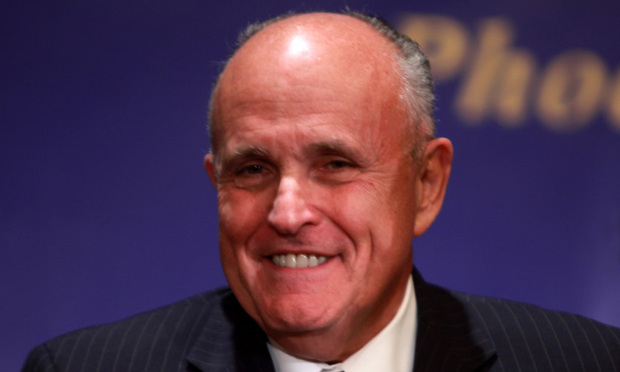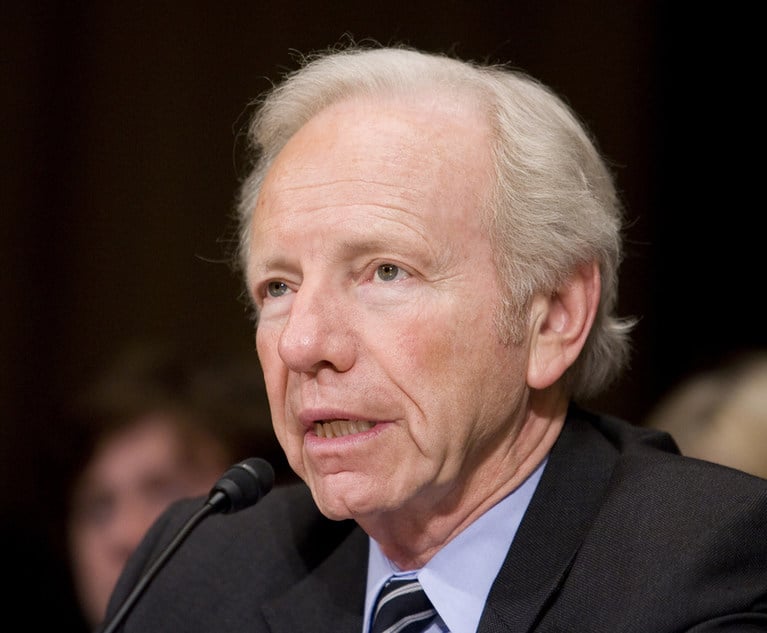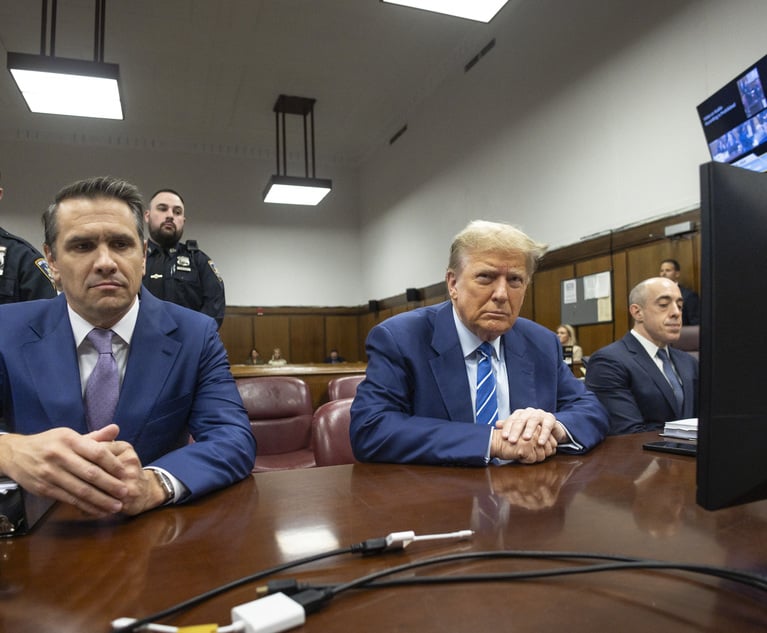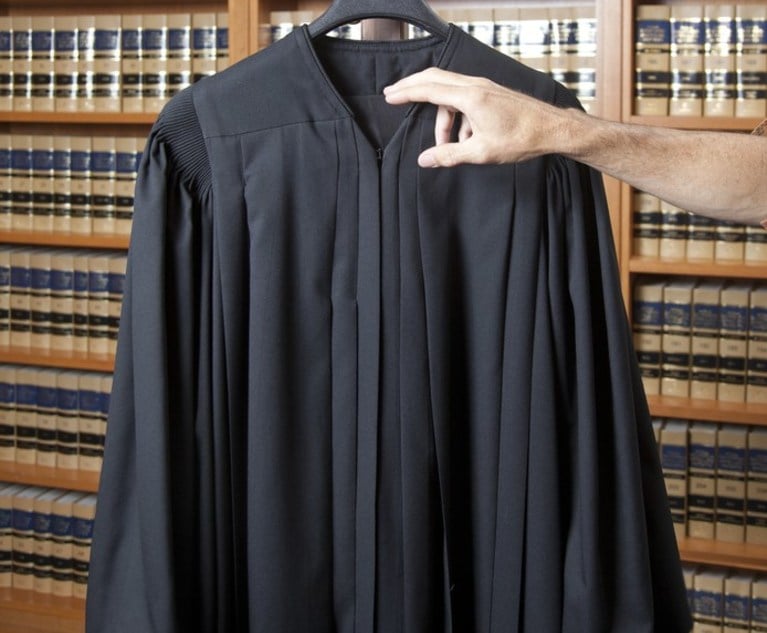Rudy Giuliani, the former New York mayor turned personal attorney to President Donald Trump, could face possible criminal and ethical exposure following the release of a whistleblower complaint, which described him as a “central figure” in alleged efforts to have the Ukrainian government interfere in the 2020 U.S. election, attorneys said last week.
Former federal prosecutors said the complaint, spurred by Trump’s July 25 phone call with Ukrainian President Volodymyr Zelensky, laid out troubling allegations that could lead to criminal probes of bribery and extortion and potential disciplinary action against Giuliani.


 Rudy Giuliani.
Rudy Giuliani.





